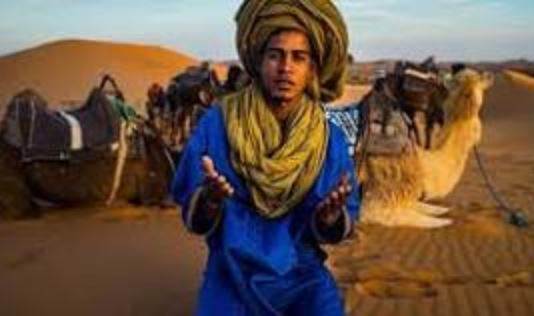
The indigenous people groups of North Africa are Amazigh or Imazighn, regularly known as "Berbers". They contrast from different populaces of North Africa by their way of life and their language – Tamazight – which has its own antiquated letters in order, Tifinagh. Amazigh individuals have various lingos and are spread right over the North-West Africa district right to Egypt. Among the distinctive Amazigh ethnic gatherings are the Tuareg migrants of the southern district.
The Amazigh public could tally in excess of 30 million individuals in North Africa, speaking to a critical part of the populaces of Algeria, Morocco and Tunisia. There is likewise a huge populace Tuareg south of Libya and Amazigh in Egypt, particularly in the western desert garden. There is an enormous Amazigh populace in the Diaspora, particularly in Europe yet additionally in the Caribbean Islands, North America and Latin America. Algerian indigenous rights affiliations assess the National Amazigh populace to 11 million individuals, 33% of the complete populace. In Morocco, the Amazigh affiliations gauge that speak to somewhere in the range of 65% and 70% of the public populace.
During the 1950s, with the ascent of freedom developments in the district drove by the Movement Cultural Amazigh (CMA), patriots elevated an Arabisation reasoning to manufacture a typical personality related with Islam and the Arabic language. These Arabization endeavors proceeded all through the twentieth century and added to the smothering of language and Amazigh culture for osmosis.
The Amazigh language was prohibited from instructing in schools, and the coordination of culture and the Amazigh language in the media seriously restricted. Past this social Arabization, the second 50% of the twentieth century was set apart by an absence of acknowledgment of the presence of the Amazigh individuals by states. In the long run, Amazigh pioneers took their battle to the United Nations Headquarters and were one of the establishing individuals from IPACC.
The crowning ritual of His Majesty Mohammed VI denoted a rejuvenation of vote based bodies in Morocco and the foundation of the Royal Commission for Amazigh language and culture (IRCAM).
In 2011 the new Moroccan constitution officially perceived the Amazigh character pronounced the Amazigh language one of the official dialects of the nation.
